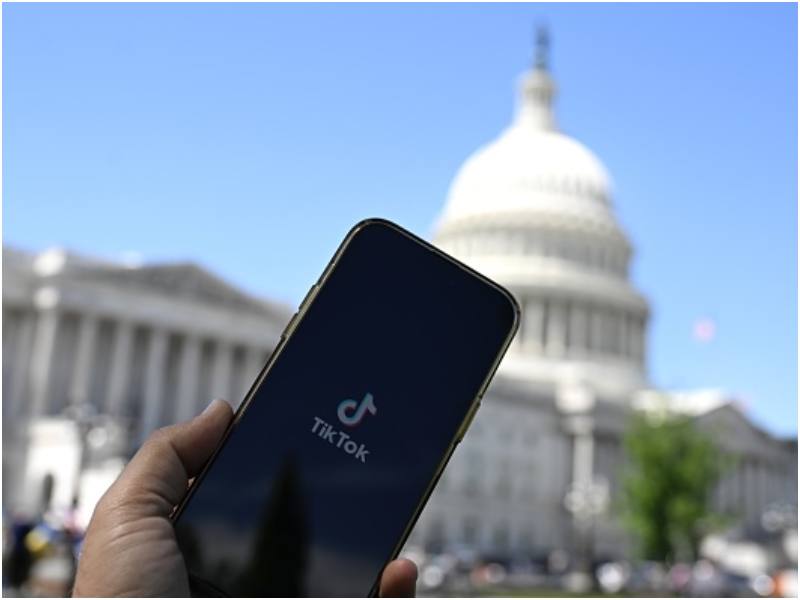A lawyer representing TikTok and its Chinese parent company ByteDance urged a federal appeals court on Monday to block a U.S. law that would ban the app, which is used by 170 million Americans, starting January 19. The lawyer, Andrew Pincus, argued that the ban violates free speech protections under the U.S. Constitution. However, the judges posed tough questions during the hearing.
A three-judge panel from the U.S. Court of Appeals for the District of Columbia listened to two hours of arguments in the lawsuit TikTok and ByteDance filed in May. They are seeking an injunction to stop the law from taking effect. Justice Department lawyer Daniel Tenny defended the government’s position, asserting that TikTok, under Chinese ownership, poses a national security risk due to its access to large amounts of personal data on Americans. Tenny argued that China could covertly influence the information Americans receive through the app.
Pincus countered that the U.S. government had not proven that TikTok poses actual national security risks. He emphasized that the law violates the First Amendment and is unprecedented in its scope. “For the first time in history, Congress has expressly targeted a specific U.S. speaker, banning its speech and the speech of 170 million Americans,” Pincus told the judges.
The law requires ByteDance to sell or divest TikTok’s U.S. assets by January 19, or face a ban. Driven by concerns that China could spy on Americans through the app, Congress passed the law with overwhelming support, and President Joe Biden signed it in April. The lawsuit argues that upholding the law would set a dangerous precedent, allowing Congress to bypass First Amendment protections by invoking national security concerns.
Tenny, defending the law, warned that the sheer complexity of TikTok’s code—consisting of two billion lines, updated 1,000 times daily—makes it nearly impossible for the U.S. to detect potential manipulations from China. Judge Neomi Rao noted that it could take three years to fully review the source code, not accounting for updates, and questioned how disclosure or verification could be achieved.
Judge Douglas Ginsburg asked how the law differed from existing U.S. regulations that prevent foreign ownership of broadcast licenses. Chief Judge Sri Srinivasan raised a hypothetical situation in which the U.S. is at war with China, questioning whether Congress could block foreign ownership of media outlets in such a case. Pincus acknowledged that Congress could do so in a wartime scenario but pointed out that this justification was not included in the current law.
The law bars app stores, such as those operated by Apple and Google, from offering TikTok and prohibits internet hosting services from supporting the app unless ByteDance divests TikTok by the deadline. President Biden could extend the deadline by three months if ByteDance shows significant progress toward a sale.
Both TikTok and the Justice Department have requested a ruling by December 6, which would allow time for the U.S. Supreme Court to consider any appeal before the ban takes effect. The case is unfolding during the final weeks of the U.S. presidential campaign, with both Republican candidate Donald Trump and Vice President Kamala Harris, the Democratic candidate, actively using TikTok to engage younger voters. The White House has expressed a desire to end Chinese-based ownership of TikTok on national security grounds, while Trump has stated that if re-elected, he would oppose a ban on the app.

